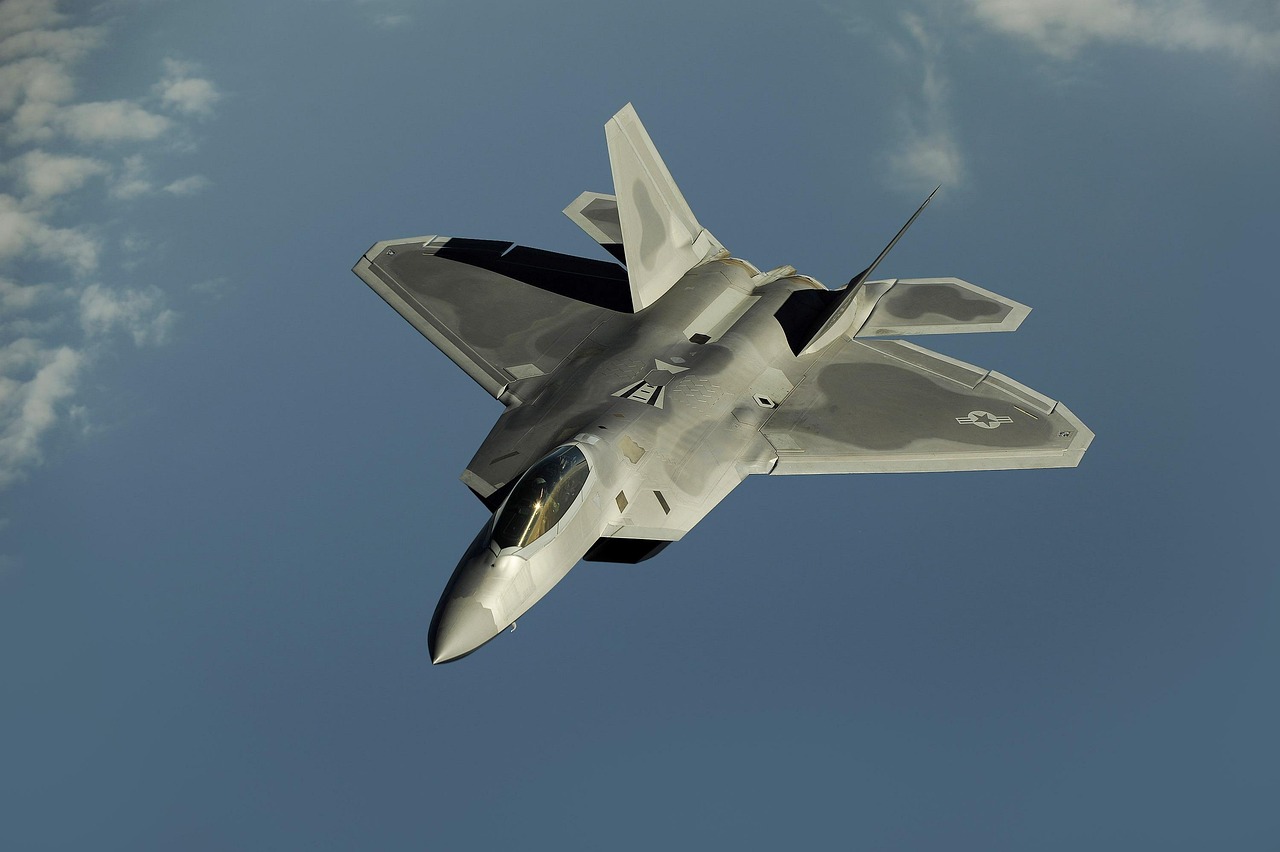Insider Brief
- Quantum Research Sciences (QRS), an Indiana-based software company and Purdue Innovates client, has secured a U.S. Air Force contract to develop ACID-R, an artificial intelligence-driven platform that streamlines how the service identifies and evaluates commercial technology proposals.
- The ACID-R system enables vendors to upload capability statements, then uses AI to extract key information, highlight gaps, and allow Air Force officials to quickly search and filter thousands of submissions without relying on manual review of lengthy PDF files.
- QRS is partnering with Purdue’s Rosen Center for Advanced Computing on the project and draws on its experience creating the Department of Defense’s first operational quantum software in collaboration with Purdue physicist Andreas Jung and the Jung Research Group.
- Image: Photo by WikiImages on Pixabay
PRESS RELEASE — — Quantum Research Sciences (QRS), a leading Indiana-based software company, has been awarded a U.S. Air Force contract to develop an artificial intelligence-driven platform called ACID-R, or Automated Commercial Industry Data-Repository.
The platform is designed to help the Air Force efficiently identify and leverage needed technologies from the private sector. It harnesses AI without the risk of hallucination, or AI-fabricated false information, to quickly deliver details on commercial, military-focused products and services.
Streamlining reviews, improving effectiveness
QRS CEO Ethan Krimins said the Air Force currently receives new technology proposals through antiquated channels like email where relevant information is buried within PDFs that are up to 20 pages long.
“ACID-R is designed to streamline access to commercial capabilities, accelerating defense modernization with sustainment and logistics,” he said.
ACID-R allows vendors to upload their capability statements, and the AI-powered software will extract the relevant information from each proposal.
“The Air Force will then be able to view, search and filter through thousands of proposals rather than manually reviewing each statement,” Krimins said. “ACID-R will also automatically inform vendors of missing information that the Air Force needs, enabling them to create more effective proposals.”
QRS and Purdue connections
QRS is a Purdue Innovates client company. It is partnering with Purdue’s Rosen Center for Advanced Computing to develop the ACID-R platform. RCAC is a national leader in high-performance computing and AI innovation.
Laura Theademan, director of RCAC Center Operations and Visualization, said, “We have been collaborating with Ethan on federal contracts for nearly a decade. This USAF project is the largest and most significant yet.”
Program leader Daniel Madren, the senior research development administrator at RCAC, has been handling the near-daily tech innovation with Air Force counterparts.
“I am thrilled with the progress that our team has made,” he said. “This has been a multipronged effort with our AI scientists, research software engineers and visualization experts all working collaboratively alongside QRS to develop this cutting-edge platform.”
QRS and the DOD
QRS also is the creator of the Department of Defense’s first operational quantum software. It collaborates on the quantum computer software with Andreas Jung, professor of physics and astronomy in Purdue University’s College of Science, and the Jung Research Group, where AJ Wildridge carries out his doctoral research.
Krimins said the company brings its deep expertise at the intersection of quantum computing and national security to this effort.
“Our company’s mission-driven approach emphasizes thorough discovery and coordinated deployment of software solutions that can solve real-world defense challenges,” he said. “With this new initiative, QRS and RCAC will integrate advanced AI techniques to help the Air Force harness the power of private sector innovation.”




0 Comments